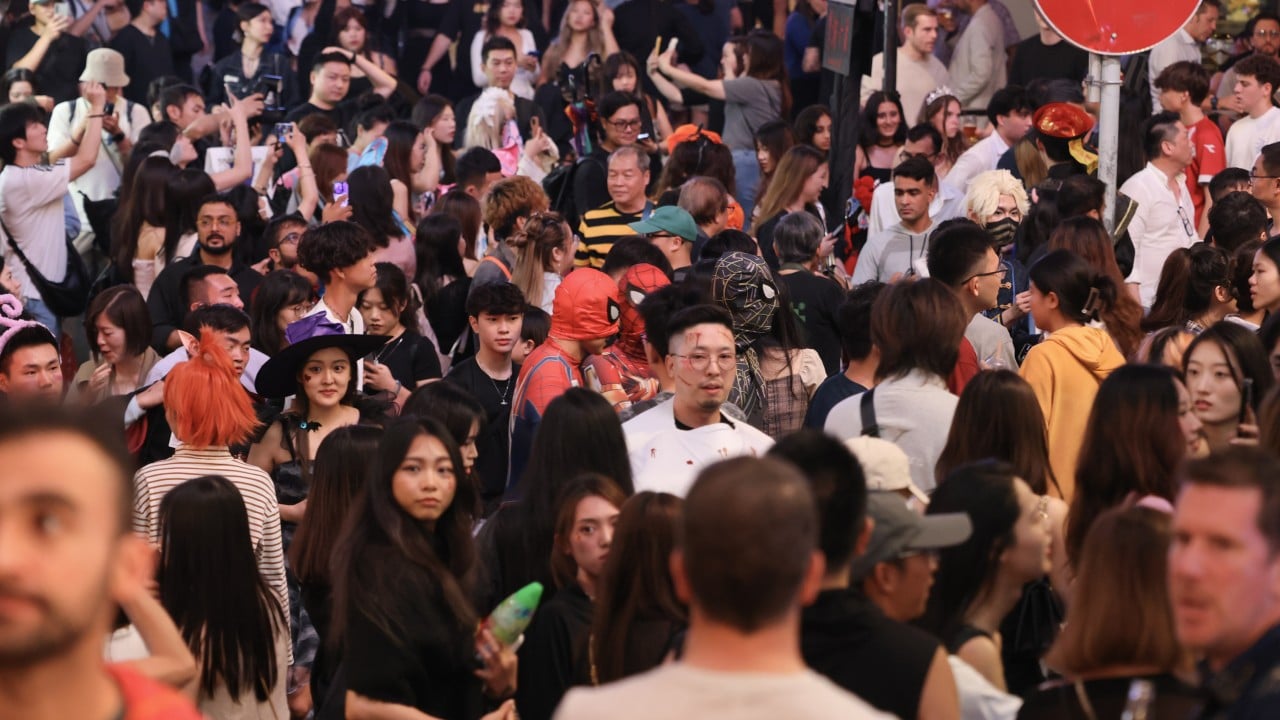Tôi không phải là người Việt Nam, tôi là người Mỹ gốc Malaysia. (“I’m not Vietnamese; I’m an American originally from Malaysia.”)
Advertisement
This was the first phrase I asked my Vietnamese language instructor to teach me as I took up the bureau chief position for Reuters in Hanoi. I found it necessary to recite this often to establish my background at the outset, because to many Vietnamese, I looked Vietnamese.
It occurred to me as I moved back to Hong Kong in 2019 that I might need to memorise something similar in Cantonese. I am ethnically Chinese, and I think I look Chinese (or at least Asian; I’ve been mistaken for a Thai in Bangkok, and a Filipina in Manila). I did eventually settle on a phrase, sik teng mm sik gong, which covers a multitude of my linguistic sins – “I understand, but can’t speak.”
My Chinese vocabulary has been frozen in time since primary school, when conversations were simple in our hometown, Petaling Jaya, a satellite city of Kuala Lumpur. My siblings and I spoke Chinese to our live-in amah, our paternal grandmother, taxi drivers, market vendors and in restaurants.
My parents are to blame. While neither had higher education, both became native-level English speakers, reading voraciously and passing down the reading bug to their five children. We devoured all manner of English-language material, written, spoken and on celluloid. Working for an American oil company, my father brought home Time and Newsweek magazines, and the Western influence was further transmitted via music: Frank Sinatra and Perry Como, Mozart and Bach, Fiddler on the Roof and My Fair Lady, and later, Police and Earth, Wind and Fire. (And, OK, don’t hate me, but even Abba.)
Advertisement
The exception was when our parents took us to every Bruce Lee film screened in Kuala Lumpur, as well as any “historical” Chinese movie, like one about the Boxer Rebellion. I guess it was their way of giving us a touchstone for being Chinese, or in the case of Lee, letting us connect with a rare global Chinese icon.

